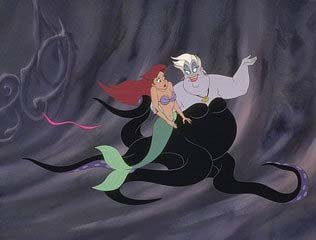Color Code Your Manuscript
A great editing technique on QueryTracker Blog : First, I take an honest inventory of the areas of writing that aren't my strong suit. I make very sure to assign each of those a color. Then I look at what things I might go a little overboard on and add those to the list. Lastly, I add the things that are important structurally to the story. Then I assign each item a color. So my list might look something like this: Dialogue (You could even do separate colors for each main character if you wanted to.) Description Metaphors Similes Adjectives Adverbs To Be Verbs Pacing Characterization (Here, I would assign each major character and important side characters a color. If I'm running low on colors, I would assign a color and add bolding, italicizing, changing the font, or underlining.) Inciting Incident Clues that tie in together (I would be specific here. For example: All the clues that hint at the hero's destiny.) World Building Story Arcs (I'd assign ea...



